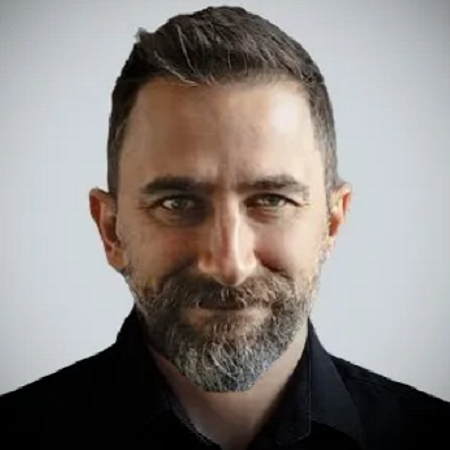Distress, including strong feelings and emotions, physical reactions and negative thoughts, are common reactions to a disaster and can be experienced in the days, weeks and months following a significant event.
While there is no right or wrong way to feel, and everyone will process the event in their own way and time, it is common following an event like a bushfire or pandemic, to experience strong feelings and reactions, including sadness, helplessness, anger, and grief.
Negative thoughts
Significant events can also make the world feel less safe and less predictable and as a consequence, thoughts can shift towards a negative focus. Thoughts like: “I’m not safe” … “Things won’t ever be the same” … “This is bad…I can’t cope!” might also be experienced. These types of often-automatic thoughts can lead to feeling more overwhelmed, teary and anxious.
Sleep
Sleep may be disturbed and you may feel fatigued, irritable, numb or disconnected from the reality of events around you. At this time people can reach towards comforting, but potentially problematic things, like alcohol, drugs or comfort eating as a way to cope.
Relationships
Relationships may become strained, and a person may feel disconnected from, or frustrated with, those around them.
In spite of these initial distressing reactions, we know that most people do come through the aftermath of a disaster okay and resilient, and will resume a sense of normality in their lives.
Helpful tips and strategies to optimise recovery following a disaster
- Remind yourself that you are coping the best way you can.
- Accept your feelings and reactions as a normal part of the recovery process.
- When you are able, try and get back into a normal routine and structure, this includes allowing yourself some downtime to relax and focus on yourself.
- Don’t try and stop or block out reminders or thoughts of the events, but rather find some time and quiet space to gently, and gradually, reflect on your experiences such as:
- If you recognise unhelpful and negative thoughts, try and find an alternative or more helpful way of viewing the situation or thought. For example: tell yourself that this is a new experience for me and I am coping the best I can.
- If old stressful events and past traumas pop up at this time, give those thoughts their own space and deal with them separately. Try not to lump all your negative life experiences together as this can feel overwhelming. - Reach out to social networks and spend time with people that you care about and who can provide you with a sense of safety, predictability and support. Your family, friends and supports, around you may also be feeling helpless and unsure what to do, so let them know what you need and how they can be most helpful to you right now.
- Engage in new or established fun activities, such as sport, recreation, and visits to your favourite places (when possible).
- Look after yourself by eating well balanced and regular meals, stay hydrated, maintain good sleep behaviours and avoid the overuse of alcohol and drugs.
- Exercise and going outside toand enjoying nature are all healthy and energising ways to feel more grounded and in control.
- When you are ready, share your feelings and experiences of the event with the people you can trust, including friends, family, colleagues, social and spiritual networks.
Remember, processing the aftermath of a disaster can take time but you can and will come through this experience.
For further information, the Australian Psychological Society has a number of online resources to assist the Australian public in the aftermath of disasters.
If you, or your loved one, continues to feel overwhelmed, distressed or experience helplessness and hopelessness by recent events, seek additional support from your GP, psychologist or counsellor.
In a mental health emergency or crisis, attend your nearest hospital emergency department or Community Mental Health Service or call a helpline.
Mental Health Emergency Response Number (24 hours, seven days a week):
- 1300 555 788 (Perth metropolitan area)
- 1800 676 822 (Peel region)
- 1800 552 002 (regional area)
Other helplines:
- Lifeline 13 11 14
- Beyond Blue 1300 224 636
- Suicide Call Back Service 1300 659 467
- Headspace (12 to 25 year olds) 1800 650 890
- Youthbeyondblue 1300 224 636
- Kids Helpline (five to 25 years) 1800 551 800 or 1800 654 432 (parents)








